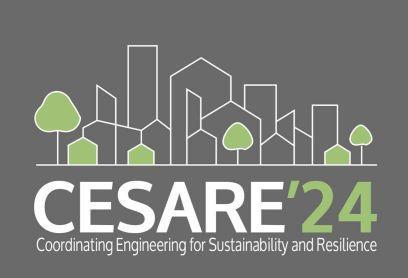Speaker
Description
Residential buildings play a substantial role in the overall energy consumption of the building and construction sector worldwide, with space heating and cooling systems making notable contributions to this consumption. Despite Afghanistan having one of the lowest energy usage rates globally and relying heavily on imported energy, residential buildings consume a significant amount of energy, leading to environmental issues and energy crises in major cities. In light of recent efforts to redevelop the built environment from the ground up, it is crucial to identify energy-efficient design parameters for buildings that can endure for decades, contributing to creating sustainable cities. Building orientation is a critical architectural design parameter that significantly influences energy consumption. Since the optimal orientation varies based on geographical location and climatic conditions, this study examines the effects of building orientation on the energy performance of buildings in nine diverse cities across Afghanistan. Energy simulations were conducted using the BEoptTM software for buildings in all nine cities, considering sixteen cardinal, intercardinal, and secondary intercardinal directions. The results indicate that in Kabul, Mazar-e-Sharif, Herat, Jalalabad, and Kandahar, a south orientation yields the best energy performance. In Bamiyan, Ghazni, and Chakhcharan, the optimal orientation is south-southeast, while in Farah, the north orientation proves to be the most energy-efficient. The study's findings highlight that optimizing building orientation can result in energy savings ranging from 20% to 30.5%, depending on the specific location. These insights are valuable for architects and engineers involved in designing sustainable buildings in Afghanistan and contribute significantly to the development of sustainable urban areas within the country.
| Topics | Green buildings , Facade engineering |
|---|---|
| Keywords | Building orientation, Energy-efficient design, Sustainable architecture, Afghanistan |

